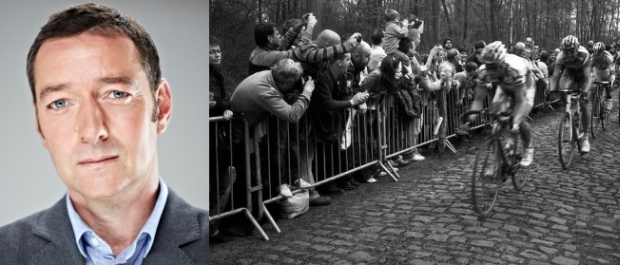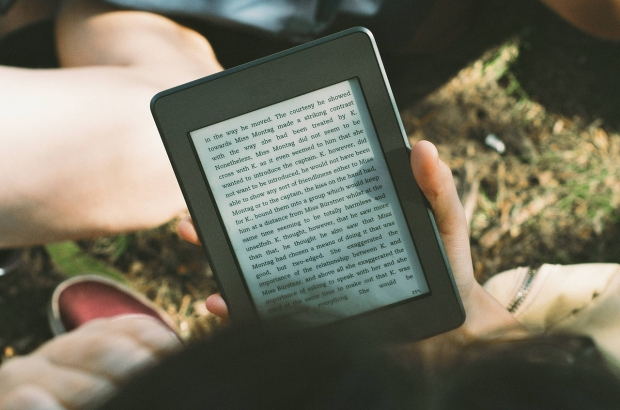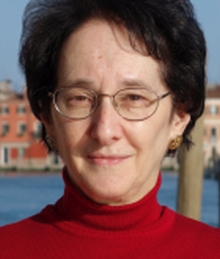This Way Up for Saturday 11 April 2015
Beer crackers
James Chatterton and Mike Cheyne love their beer, and it was while brewing that they came up with their Mash Tun Crackers, a tasty way to recycle the spent grains used in making ale. So now they want people to eat beer as well as drink it!
Tech: Global Mode fight
Technology news with Peter Griffin: the move by some local broadcasters and content providers to band together and mount a legal challenge against the people developing and selling Global Mode to consumers. Global Mode is a geo-masking service offered by some internet service providers that allows people to access global content. Think BBC's iPlayer, Hulu or Netflix's US version. How will this play out and what could it mean for consumers?
Paris-Roubaix cycle race

Left: Ned Boulting (photo supplied). Right: Riders in the 2009 Paris-Roubaix entering the feared Arenberg Forest. Photo: Walter Bendix Schönflies (CC BY-NC 2.0)
Ned Boulting previews of one of the world's oldest bike races, the Paris-Roubaix which involves riding 250 kilometres along sections of tricky cobblestones.
Science: Moon origins and plucking hairs
Chris Smith of The Naked Scientists on mounting evidence to support the "big splat" theory to explain how our Moon was formed. Sounds highly scientific! Also plucking your hair could stimulate hair growth; not a cure for baldness sadly, and bad news if you're having a Brazilian...
Paper books vs words onscreen

 Despite the challenges posed by digital books you read on screens, the printed paper book is proving to be a fairly resistant customer.
Despite the challenges posed by digital books you read on screens, the printed paper book is proving to be a fairly resistant customer.
Maybe it's the appeal of reading and owning them...their smell, how easy they are to flick through and find your place. And no one's yet invented any better format than a full bookcase to show how ridiculously well read you are.
Compare that with the experience of reading the same thing on a screen using a digital device like an eReader, tablet, laptop or a smartphone. It's clearly a very different experience... but is it better or worse?
In her book Words On Screen: The Fate of Reading in a Digital World linguistics professor Naomi Baron studies how students like to read for schoolwork, and for pleasure. In her research 9 out of 10 students prefer reading from a book if they need to concentrate or remember things.
She talks to Simon Morton about her research.
Invisible food barcodes
Anthony Zografos of DNATrek has found a way to apply an invisible signature to the skin of a fruit or blended into oils and processed foods that can identify exactly where your food comes from. It could be a powerful tool in the fight against food fraud and adulteration, and to identify the origin of food safety scares.